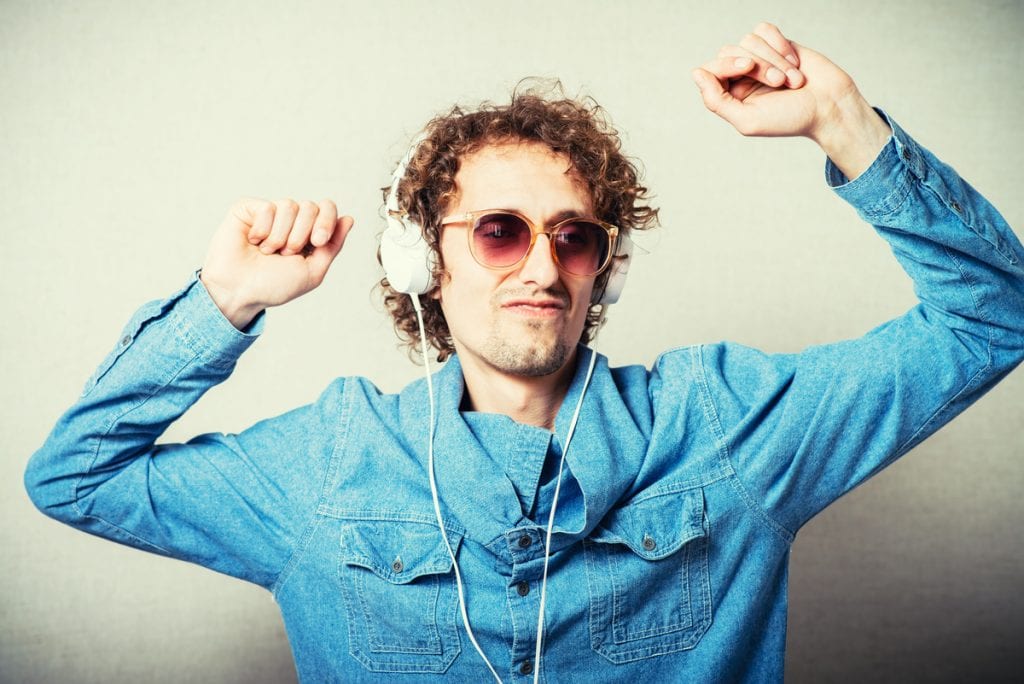Your cart is currently empty!
How Does Music Therapy Benefit Teens and Adults with Autism (ASD)?

Everyone knows about Autism Spectrum Disorder (ASD). Low functioning. High functioning. They’re everywhere. The question is…How can we help them? Try music therapy.
What is ASD?
It stands for Autism Spectrum Disorder. High-functioning Autism used to be known as Asperger’s Syndrome. Who knew? In current times, things have changed…somewhat.
People with Autism are frequently seen as being aloof. They may be socially despondent and ignore conventional social rules. Gestures and sarcasm are often lost.
Music therapy isn’t just about rocking to the beat. It’s used by trained health professionals. Music is used in a therapeutic way to address physical, emotional, cognitive, and social needs of individuals. It can also be used to help with communication skills. This is especially helpful for high-functioning people with Autism.
This is especially helpful for high-functioning people with Autism (Asperger’s). There is limited speech delay. Therefore there are most common good language skills. In contrast, they may not understand subtleties of language (humor, irony).
- Cognitive abilities
- Brain function/stimulation
- Emotional challenges
- Speech/language skills
- Socio-emotional development
Music therapy connects both hemispheres of the brain. It is often used to help identify and express emotions. This improves behavior in a variety of environments.
Motor skill challenges are another characteristic of Autism. They persist from childhood to adulthood. Young adults often have unusual gait problems. This includes clumbiness and toe-walking. Music therapy is offered as a possible intervention.
Research
The Journal of Music Therapy has done extensive international research. They established the efficacy of Improvisational Music Therapy (IMT). The diverse treatment guidelines apply musical attainment. The results were similar for a variety of age ranges, gender, and socioeconomic status.
The Cochrane Database of Systematic Reviews focused on social impairments and communication. Music experiences improved verbal communication skills. It also improved the quality of parent-child relationships. There was also some improvement in non-verbal skills.
The National Institute of Health has ongoing research. Auditory skills are the focus. Rhythmic cueing and motor mapping training are the focus. Modifications are sought by modifying music and voice.
Collaboration and Music Therapy
Board certified music therapists are key to the success of specific interventions. They integrate evidenced based practices and research. Training and professional development keep them cognizant on the latest trends.
Communities are important in the success of music therapy for teens with Autism. Parents provide emotional support in times of high stress. Professionals provide the knowledge to support understanding.
- Music therapists
- Teachers
- Speech therapists
- Occupational therapists
- ABA providers (behavior)
Music Therapy Activities
Music therapy is designed to develop attentiveness and automatic mechanisms for change. Recognition strengthens awareness through processing sounds. A variety of activities can impact social skills, friendships/relationships, and family interaction.
- Use novelty. Sound effects, bubbles, dance.
- Be creative. Provide music rewards.
- Imitate music through dance.
- Enact social stories (chant to the beat).
- Explain colors to music/rhythm.
Music grabs attention. Get professionals to fit each person’s needs. Add abilities and reduce challenges. Don’t be afraid to reach out.
The future is just a note away.
Question: How do you think that music helps your child?
Tags

EdieLovesMath empowers individuals with ADHD and Autism, their families, and professionals through a 4-step plan that builds confidence and success in reading, math, writing, and organization. As someone with a neurodiverse brain herself, Edie understands the challenges and triumphs of navigating learning differences firsthand. Join us. We’re here to guide your journey.
About Me ›
- Getting Disability Accommodations in College: What Students and Parents Need to Know
- Neurodivergent Burnout: How to Recognize It and Tips to Recover
- ADHD and Math Anxiety: How to Help Kids (and Adults!) Feel Confident with Numbers
- 5 Tips to Organize Your Workday If You Have Executive Functioning Disorder
- The 2025 Attack on Disability Rights: Why Section 504 Matters More Than Ever
Leave a Reply